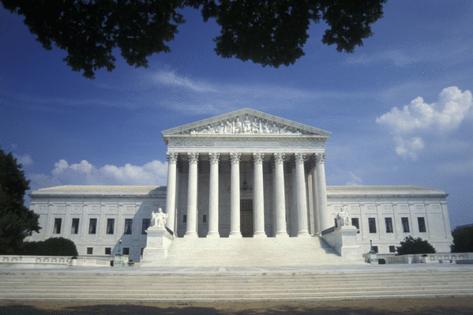Missouri says the Biden administration censored speech. The Supreme Court will judge
Published in Political News
WASHINGTON — In March 2021, as COVID-19 vaccines were increasingly available to the general public, officials inside the Biden administration were growing frustrated.
The administration had launched an aggressive campaign urging people to get the shot, hoping it would put the deadly pandemic in the past. Instead it kept bumping into a major source of resistance: viral posts on social media questioning the vaccines.
“We want to know that you’re trying, we want to know how we can help, and we want to know that you’re not playing a shell game with us when we ask you what is going on,” Rob Flaherty, the former White House director of digital strategy, wrote to someone at Facebook. “This would all be a lot easier if you would just be straight with us.”
Andy Slavitt, the White House senior adviser for COVID response, followed up.
“Internally, we have been considering our options on what to do about it,” Slavitt wrote.
The exchange, one of many between the White House and social media companies over content moderation policies, was uncovered in a sprawling case that argues the federal government violated the First Amendment by urging social media companies privately and publicly to take down posts, ban users and use their algorithms to deemphasize what it labeled disinformation.
The Supreme Court will hear oral arguments on the case Monday.
The lawsuit, initially brought by former Missouri Attorney General Eric Schmitt, former Louisiana Attorney General Jeff Landry and five people who say their social media posts were censored, focuses mostly on content questioning the administration’s public health policies during the COVID-19 pandemic and the legitimacy of the 2020 presidential election.
But it could have widespread implications on how the government is able to communicate with social media companies in an era where misinformation and disinformation runs rampant across the sites — and as the government is trying to decide if and how to increase regulation on technology companies.
“I think it’s the most important free speech case in the history of the country,” Schmitt said in an interview with The Star. “So much of our dialogue and our debate not only just takes place in the town square, but more and more now in the virtual town square.”
...continued
©2024 The Kansas City Star. Visit at kansascity.com. Distributed by Tribune Content Agency, LLC.







Comments